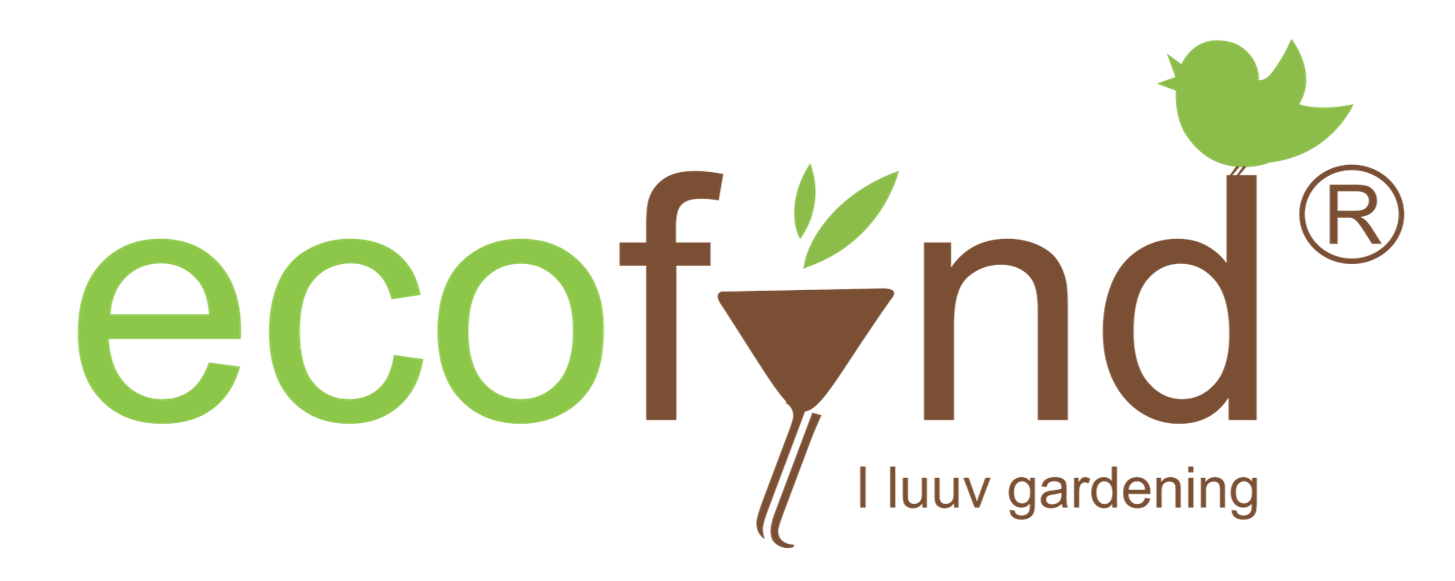In the ever-evolving world of home gardening, the debate between soil-based and hydroponic systems has been a topic of much discussion. As the team at Ecofynd, we're passionate about helping our customers make informed decisions when it comes to their kitchen gardening endeavors. In this blog post, we'll explore the pros and cons of both soil and hydroponic gardening, so you can decide which approach best suits your needs and preferences.
The Soil-Based Approach
Soil-based gardening is the traditional method that has been used for centuries. It involves planting your crops directly in the ground, utilizing the natural nutrients and properties of the soil to support plant growth. This approach has several advantages:

a. Nutrient-Rich Environment
Soil is a complex ecosystem teeming with beneficial microorganisms, minerals, and organic matter that provide a nutrient-rich environment for your plants. As the roots grow and interact with the soil, they can absorb a wide range of essential nutrients, ensuring healthy and robust plant development.
b. Natural Water Retention
Soil has the ability to retain moisture, which can be particularly beneficial in areas with limited water availability or during dry spells. This natural water-holding capacity helps to reduce the frequency of watering, making soil-based gardening a more low-maintenance option.
c. Ease of Transition
If you're new to gardening or have limited space, transitioning to a soil-based system is relatively straightforward. You can start small, such as with a raised bed or container garden, and gradually expand your growing area as your skills and confidence develop.
d. Familiarity and Tradition
Soil-based gardening is a time-honored tradition that many gardeners find comforting and familiar. This approach aligns with the natural cycles of the Earth and can be a more intuitive and satisfying way to grow your food.
The Hydroponic Approach
Hydroponic gardening, on the other hand, involves growing plants in a nutrient-rich water solution, without the use of soil. This method has gained popularity in recent years, particularly for its ability to provide a controlled and efficient growing environment. Let's explore the advantages of hydroponic gardening:

a. Faster Growth Rates
Hydroponic systems are designed to deliver a constant supply of water and essential nutrients directly to the plant's roots. This targeted approach can result in faster growth rates and higher yields compared to traditional soil-based gardening.
b. Space-Saving
Hydroponic systems can be set up in a variety of configurations, including vertical or stacked arrangements. This makes them an excellent choice for gardeners with limited outdoor space, as they can maximize the growing area within a smaller footprint.
c. Reduced Pest and Disease Risks
Soil-borne pests and diseases can be a common challenge in traditional gardening. Hydroponic systems, however, eliminate the soil as a potential source of these issues, reducing the risk of infestations and the need for chemical treatments.
d. Precise Control
Hydroponic gardening allows for a high degree of control over the growing environment. Factors such as pH, nutrient levels, and water temperature can be closely monitored and adjusted to optimize plant growth, ensuring consistent and reliable results.
e. Year-Round Productivity
Hydroponic systems can be set up indoors, providing the opportunity for year-round gardening. This is particularly beneficial for those living in areas with harsh winters or limited growing seasons.
Considerations for Kitchen Gardening
When it comes to choosing between soil-based and hydroponic gardening for your kitchen garden, there are several factors to consider:

a. Space and Layout
If you have limited outdoor space, a hydroponic system may be a better option, as it can be configured to fit in smaller areas. Conversely, if you have access to a larger garden or yard, a soil-based approach may be more suitable.
b. Maintenance and Effort
Soil-based gardening generally requires less ongoing maintenance, as the soil provides a natural buffer against fluctuations in water and nutrient levels. Hydroponic systems, on the other hand, require more frequent monitoring and adjustments to ensure optimal plant health.
c. Budget and Investment
Soil-based gardening can be a more cost-effective option, as the initial setup costs are typically lower. Hydroponic systems, while offering greater control and efficiency, often require a higher upfront investment in equipment and infrastructure.
d. Personal Preference and Gardening Style
Ultimately, the choice between soil-based and hydroponic gardening may come down to your personal preferences and gardening style. Some gardeners may find the hands-on approach of soil-based gardening more rewarding, while others may appreciate the precision and technology of hydroponic systems.
Conclusion
Both soil-based and hydroponic gardening have their unique advantages and considerations. As you embark on your kitchen gardening journey, we encourage you to carefully evaluate your goals, resources, and personal preferences to determine the approach that best suits your needs.
At Ecofynd, we're committed to providing our customers with the tools, resources, and guidance they need to create thriving kitchen gardens, whether they choose a soil-based or hydroponic system. Browse our selection of high-quality garden essentials, and let us help you bring your culinary dreams to life.
Happy gardening!






Comments (1)
5ddel7